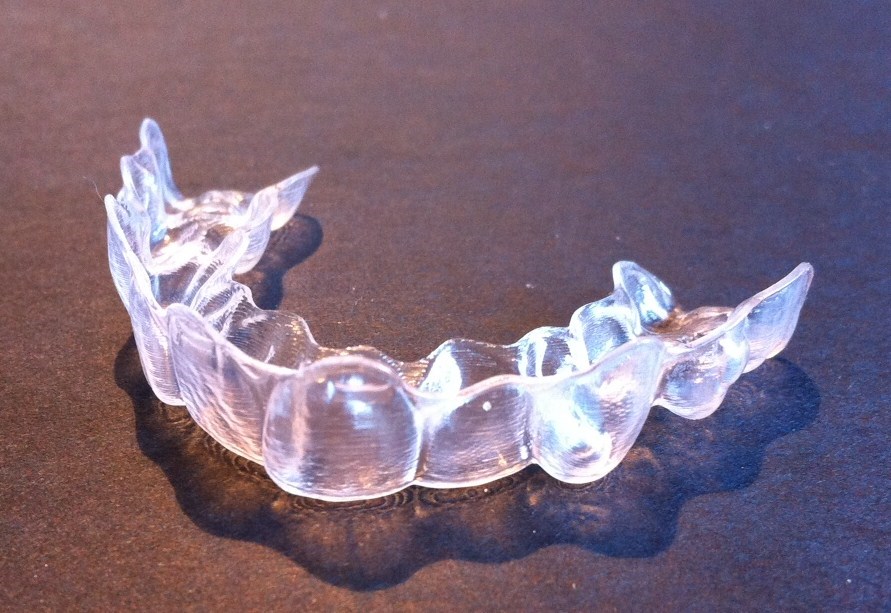They say a smile is worth a thousand words.
Well, if you’re not happy with your smile or are self-conscious about how your teeth look, that message is also often conveyed when smiling.
As people approach their retirement years, the natural aging process, lifestyle and genetics may cause their teeth to have tough yellow stains, chips or even fall out. Dentist Dr. Wilson Kwong sees a lot of patients who are 55-plus at his Oakridge practice.
“They want to be heathy, look good and feel good,” says Kwong. “They want to have form and function, and don’t want to take a chance on more temporary dental solutions that won’t allow them full function.”
Kwong educates his patients on restorative dental options, including implants, which utilize a metal post that fastens to the jaw bone and after a custom-made fake tooth is attached to the post, it looks, feels and behaves like your own tooth. You brush and floss and it can last 20 to 30 years.
“An implant is a complete tooth solution,” says Kwong. “Because it is a root that fuses to the bone, the success rate is 98 to 99 per cent.”
While implants are more expensive than dentures or simple bridges, Kwong says many of his Vancouver clients are sitting on a great deal of equity in their homes and are willing to invest in themselves at this stage in life.
According to Fred Brumm, a denturist at Victoria Drive Denture Clinic, a growing trend in dentures is placing them on top of implants, which anchor the denture in place. In this case, one still needs to take out the denture at night for cleaning, but they are far superior to dentures without implants.
Denturists often work with dentists to provide patient consultations, particularly when putting a partial denture over implants. Brumm says that while dentures provide 22 per cent of the function of natural teeth, a denture over implants provides 75 per cent.
“Dentures are prosthetics, a substitute for real teeth — and a poor one at best. They should be a last resort,” Brumm says. “No one is born with dentures, it is a learning process to use them to speak and chew. I encourage people to keep their teeth as long as possible, as it’s a one-way street. Once you have them taken out, they’re gone.”
The main reasons someone might opt for dentures may be due to an underlying medical condition, such as diabetes, which would not allow them to have implants done, they may not have enough bone density to have the metal implants rooted to their jaw, or simply because dentures cost considerably less.
When someone requires a full set of dentures, it’s recommended they visit the denturist annually to have them checked — and replaced every five years. Brumm notes most people needing dentures, apart from athletes, are 70 and older — an age when the body and mouth change considerably.
“Dentures won’t fit as well and the function will decline if you wear them for too long,” Brumm says.
Cosmetic procedures
Kwong also see many patients aged 55 and older opting for procedures to improve the appearance of their teeth, including whitening and veneers.
Additionally, some are now in a financial position where they can straighten their teeth, which may be misaligned or crowded. Straightening your teeth has the dual benefit of looking good and often fixing a person’s bite.
For small changes, Invisalign clear braces may be an option. However, more significant changes would likely require traditional braces. It’s best to consult with your dentist.
In general, Kwong recommends anyone considering cosmetic procedures or implants should call around to find out who performs them and make an appointment for a consultation. He points out many dentists focus on general dentistry and not specialized work.



